Search
Showing 1 - 6 of 6 results
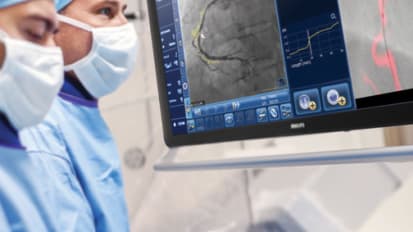 Document
Document
iFR: Proven outcomes. Superior value.
Philips is dedicated to the advancement of physiology guided PCI. Since the introduction of hyperemia-free iFR modality in 2014, iFR has been studied in nearly 15,000 patients and used in over 4,000 cath labs around the world.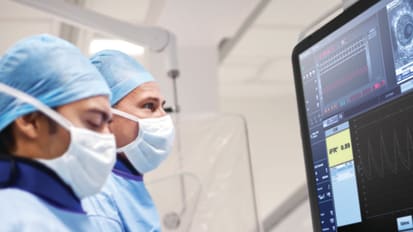 Document
Document
Proven outcomes. Superior value
iFR in a class of its own. Only iFR has clinically validated patient outcome data in the largest physiology studies ever conducted. No other resting index has patient outcome data to support its use.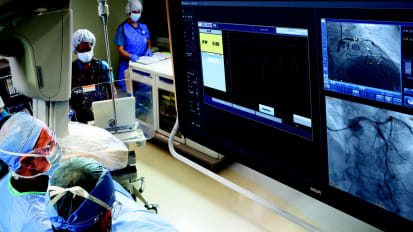 Document
Document
LAD deferral is safer with iFR
Summary of the DEFINE FLAIR LAD Sub-study data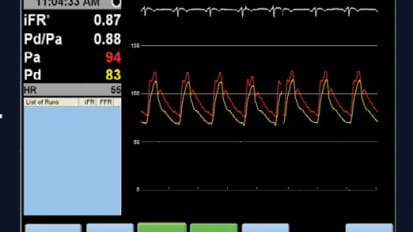 Document
Document
Recommended iFR Co-registration workflow
Brief overview of the recommended iFR co-registration workflow.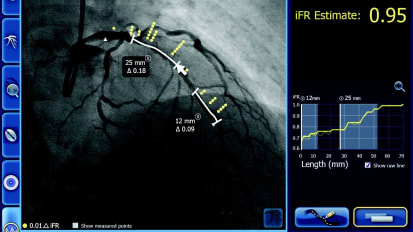 Document
Document
DEFINE PCI Unseen focal lesions cause residual ischemia
1 in 4 patients with angiographically successful PCI left the cath lab with residual ischemia.Of the patients with residual ischemia, 81.6% were caused by an untreated angiographically inapparent physiologically focal stenosis (? 15 mm).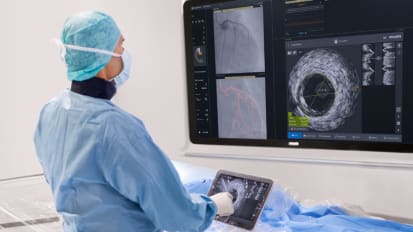 Document
Document
IntraSight, Interventional Applications Platform: Physiology & IVUS
Smart. Simple. Seamless. Optimizing lab performance.
